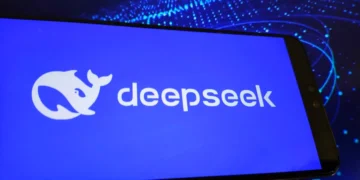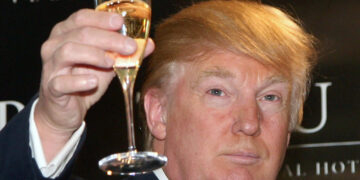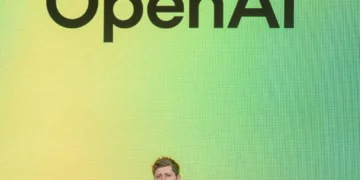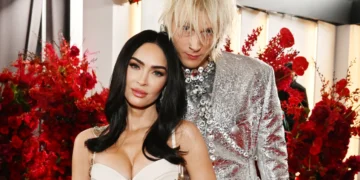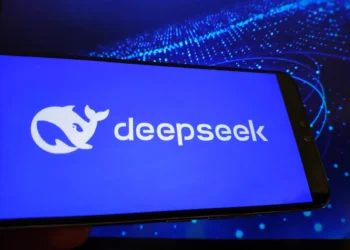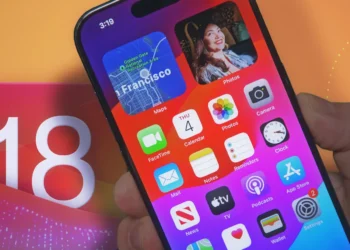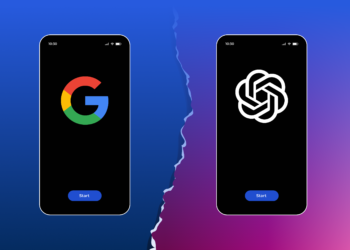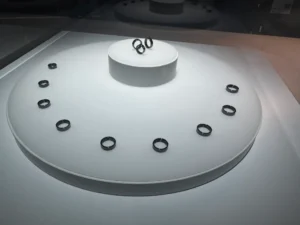
After a brief hint during its recent Galaxy S24 event, Samsung has officially unveiled the Galaxy Ring at MWC today. The prior tease merely provided an image and confirmation that the tech giant is venturing into the burgeoning realm of wearable smart rings.
Following the Unpacked presentation, competitors shared their unsolicited reactions with Egeronix. Oura CEO Tom Hale remarked, “The entry of new players into the market validates the category and motivates us to elevate our offerings for our members and community.” Circular co-founder and CEO Amaury Kosman expressed, “We are pleased to hear that Samsung will launch the Samsung Galaxy Ring later this year. The involvement of a major tech player like Samsung in the smart ring market adds significant credibility to the industry.”
Typically, when I receive comments like these, it seems as though the affected companies are trying to downplay the impact. This scenario often echoes instances of startups being overshadowed by Apple’s similar products. The sentiment usually involves some form of begrudging acceptance and a wish for diversification of their product line.
While I’m uncertain if my perspective would differ if it were Apple entering the market, it seems reasonable to consider the Galaxy Ring as validation for the category. Samsung’s introduction will undoubtedly affect existing market dynamics, but for companies like Oura, it confirms that their efforts are paying off. Although not yet a household name, Oura is now closely associated with the smart ring category for many consumers. This development could potentially strengthen Oura’s position in the market.
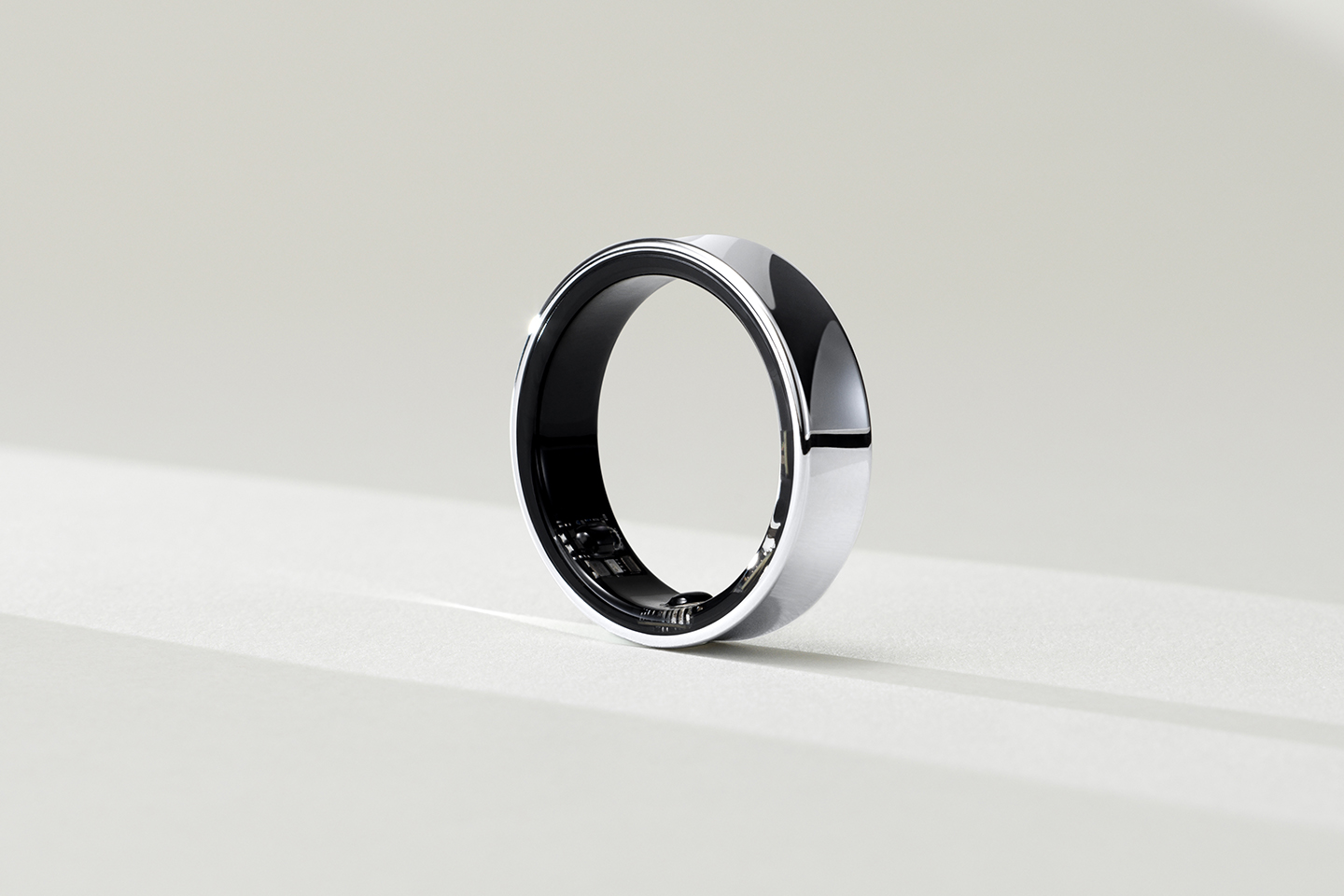
I should also point out that Hale noted the following, “Oura has the strongest IP portfolio—in both hardware and software—for the smart ring form factor, with 100 granted patents, 270 pending patent applications, and 130+ registered trademarks.” I’m certainly not suggesting that this is a veiled threat, but flexing one’s patent count could point toward a company ready to battle over potential IP infringements (assuming there are any here).
While the Galaxy Ring appeared on the MWC floor today, we’re still waiting for a lot here with regards to specifics. What I can tell you is that Samsung is really hammering home its health offerings. After all, the ring form factor limits functionality a good bit versus a smartwatch. You’re not going to be sending and receiving emails from your ring any time soon, for example, but the positioning on the finger makes its well-placed to offer rich activity and sleep metrics.
“One of the biggest challenges the healthcare industry is facing today is fragmented data and how to bring it all together,” Samsung VP Hon Pak notes. “Samsung is uniquely positioned to undertake this with one of the largest, most diverse connected device ecosystems. Now with Samsung Health, we’re connecting different devices and partner solutions within one cohesive platform, making it simpler to track health conditions on a Galaxy wearable.”
In that sense, the Galaxy Ring builds atop of the health offerings Samsung has built via its smartphones and the popular Galaxy Watch line. Smart rings and smartwatches have been regarded by many as an either-or proposition. I’m sure some people rock both an Apple Watch and Oura Ring, but it’s no doubt seen as overkill by many. I’m curious how that math could change when smartwatches and smart rings are being produced by the same company with the same health offerings.
Perhaps the Galaxy Ring will be regarded as a way to augment data collected by the Watch. Samsung could also lean into sleep tracking, suggesting users wear the Watch all day and sleep with the Ring on. I go full-on Princess and the Pea any time I try to sleep with a watch on my wrist, and I’m sure I’m not alone.
“As part of this portfolio,” Samsung notes, “Galaxy Ring is being unveiled as a new health form factor that simplifies everyday wellness, supporting smarter and healthier living via a more connected digital wellness platform — Samsung Health.”
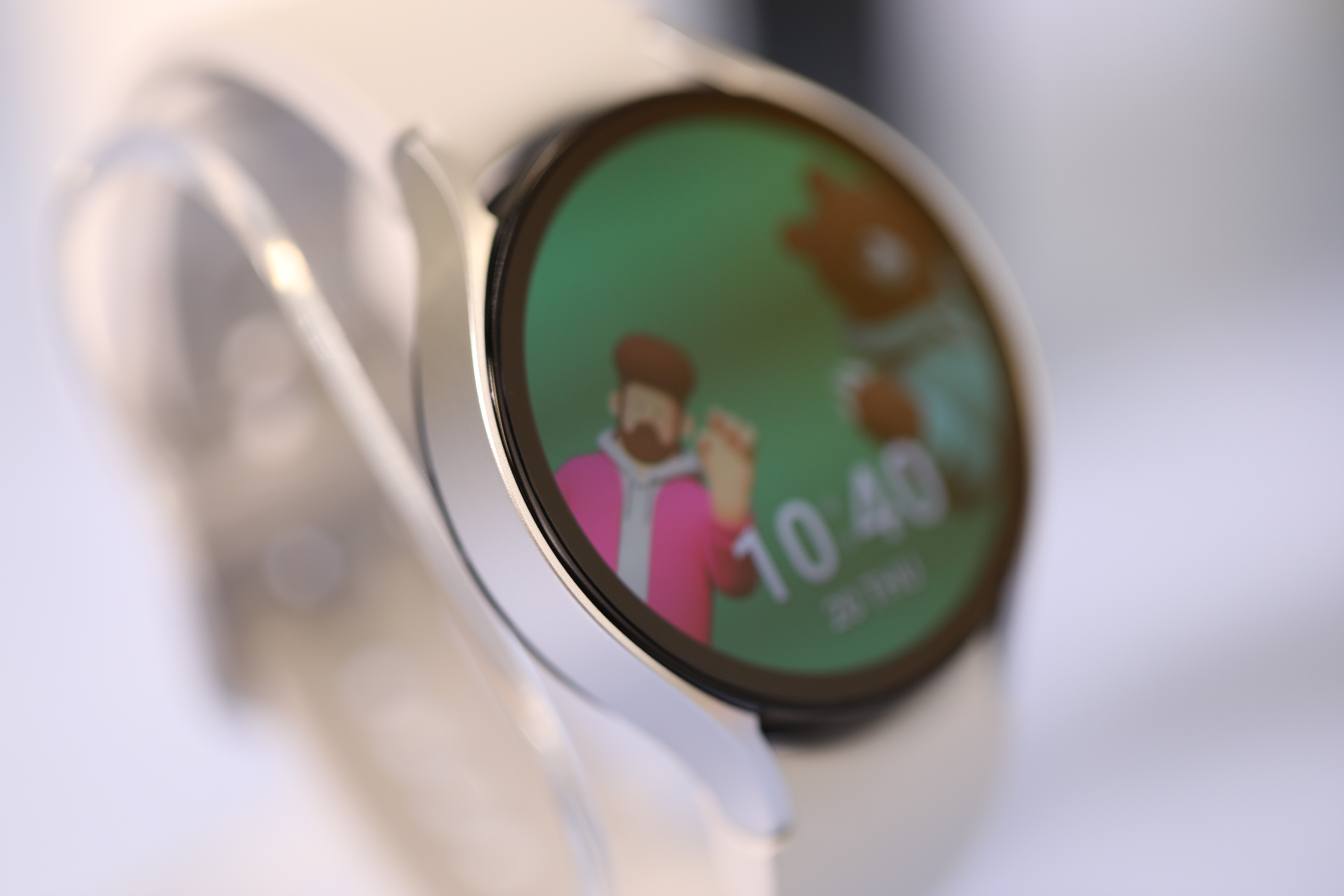
The rings on display at the event are prototypes, though the product is slated to arrive at some point later this year – in time for the holidays, one imagines. We know that on-board sensors measure heart rate, movement and breathing to create cross section of the wearer’s health and sleep patterns.
This info will go toward populating what Samsung calls “MyVitality Score.” The company says the feature, “offers personalized health insights based on multiple factors including Sleep, Activity, Heart Rate and Heart Rate Variability, while [additional new feature] Booster Card helps make each day healthier by tracking predefined goals and delivering actionable insights.” Those should roll out for the Galaxy Watch 6, likely prior to the Ring’s release.
Questions like pricing and battery life remain. I would imagine that Samsung is attempting to make both as competitive with Oura’s offering as possible. Of course, Oura buyers do need to factor in the monthly subscription fee. Samsung could follow Oura and Google’s Fitbit down that road, however.
“Right now the service is completely free but we are exploring different options,” Pak said at a press conference last year. “In the future, we are contemplating a premium model or a subscription-based service.”

